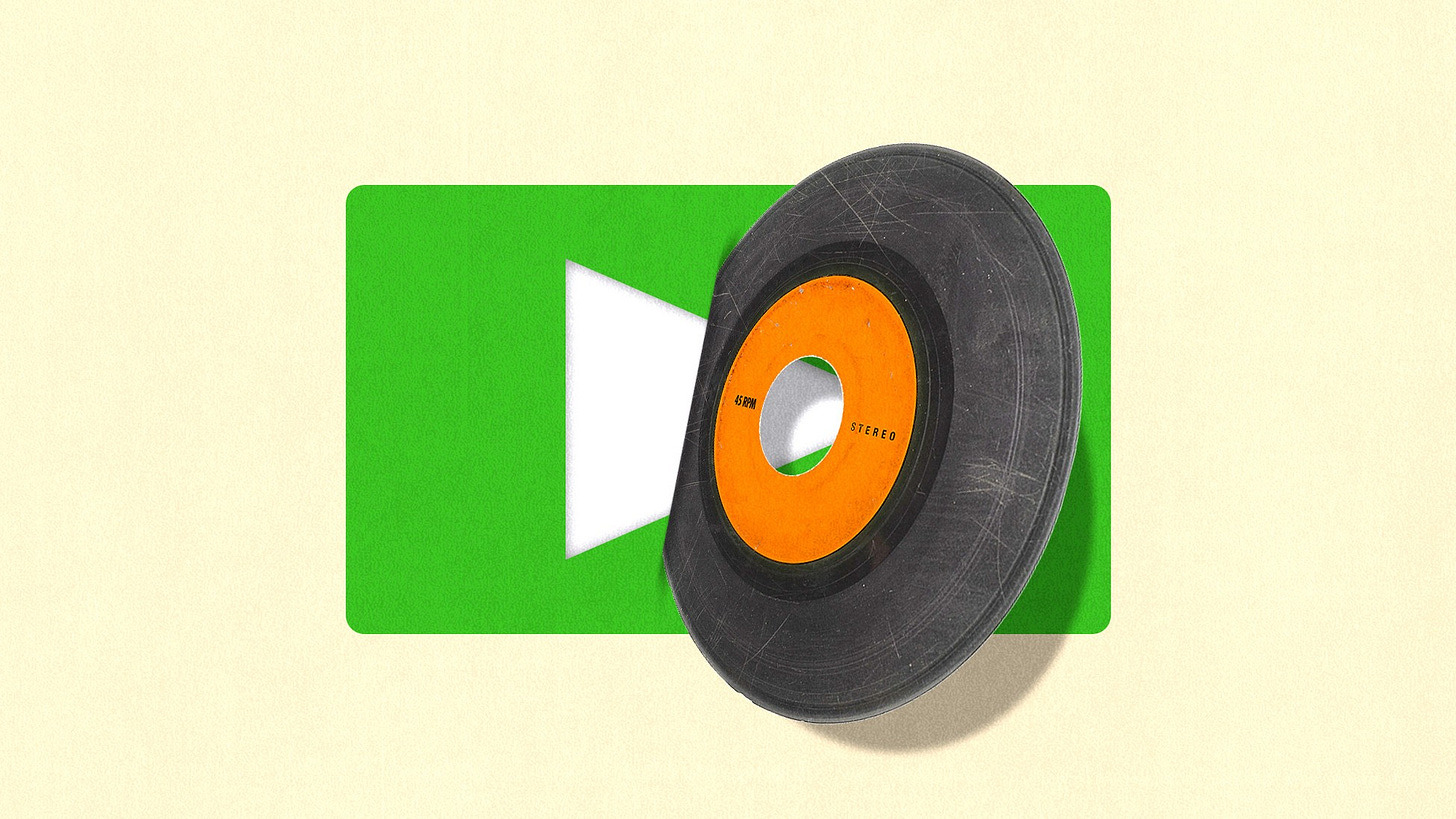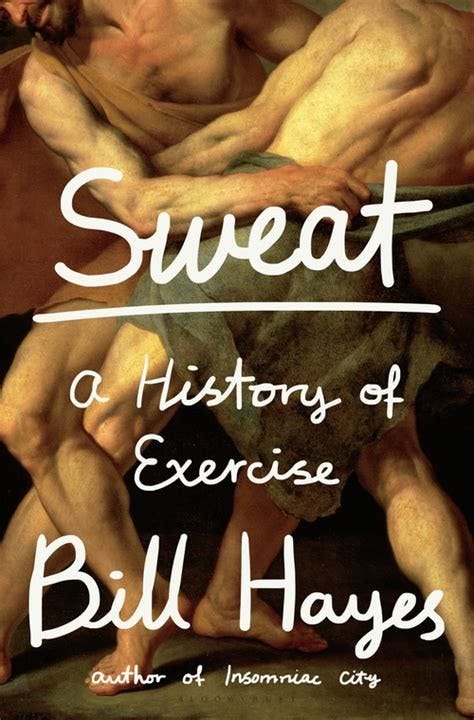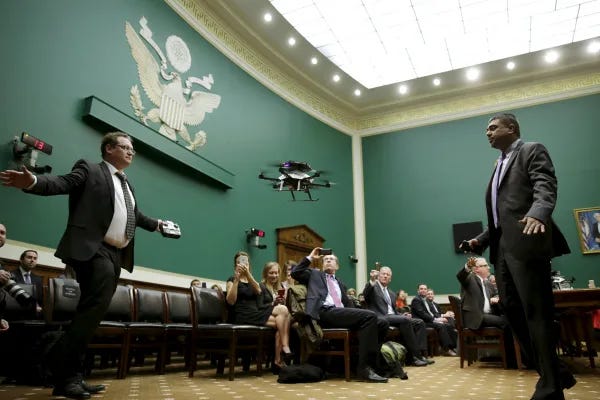Weekend Reading #3
Good & bad Boris, the super-prime property game, Ulysses & Ireland, old music, exercise, XR's new theory of change, a 20th century life, drone Armageddon, years off & commoditizing vibes
Thank you for supporting Fault Lines. I hope you enjoy this weekend’s most diverting and thought-provoking readings.
Each man kills the thing he loved
If you read only one piece on the Johnson/Cummings psychodrama, then this is it:
What is Johnson interested in? Monuments, says Cummings. (Johnson’s childhood nickname for himself was World King.) Johnson thinks: “What would a Roman emperor do? So, the only thing he was really interested in — genuinely excited about — was, like, looking at maps. Where could he order the building of things?” Cummings says Johnson fantasizes about “monuments to him in an Augustine fashion. ‘I will provide the money. I will be a river to my people. I will provide the money that builds the train station in Birmingham.’ Or whatever. ‘And it will have statues to me, and people will remember me after I am dead like they did the Roman emperors.’”
This Johnson is incurably trivial, lazy, and self-absorbed. Ideally, Cummings says, Johnson would have understood the need to delegate actual governance to others. “And after the election he didn’t want to play that role. Our relationship got increasingly bad because he was saying to me, ‘Why you spending your time off doing all these things instead of with me?’ And I was saying, ‘Well, because you’re spending more time in stupid meetings talking about Big Ben bongs and I’ve got no interest in that.’ I was trying to have proper meetings about important stuff, trying to drive the government agenda on.
Super-prime
Britain’s most successful estate agent
As we drove, I asked Hersham what skills were required to do his job. “May I suggest,” he replied, “that you listen to my telephone conversations and see what goes on.” Well, this is what goes on. His phone rings constantly. He is usually having at least three conversations at once: two on the phone (there is typically someone on hold) and one in real life. He talks with the frenetic urgency of someone whose conversations contain the potential for expensive failure. He is often finding numbers, asking people for numbers, giving out numbers. Hersham has the kind of deep, multigenerational well of contacts that means he now sells not just to individuals, but entire dynasties. “He knows everyone,” a former colleague of his told me. And not just everyone in London. He shuttles between representatives of New York financiers, Middle Eastern royal families, the now-almost-quaint Russian oligarchs. “It’s probably third-generation wealth that he’s seeing now,” O’Brien told me. “They’re closer to my age than to his.
“Black for the married. Piebald for bachelors. Dun for a nun”
Ulysses long and tortuous journey from oddity to commodity
The novelist Joseph O’Connor, after hearing a man on the number 8 bus in Sandycove berate Joyce as a ‘dirty little tinker’ who never did ‘an honest day’s work’, wrote in the Sunday Tribune in 1993: ‘In other countries, they commemorate battles and victories and death. But we in Ireland, for all our faults, celebrate the work of a dirty little tinker who … made our small insignificant city glorious everywhere, and turned the lives of ordinary people just like ourselves into the most spellbindingly beautiful prose ever written in the language.
Morbid symptoms
Is old music killing new music?
The 200 most popular new tracks now regularly account for less than 5 percent of total streams. That rate was twice as high just three years ago. The mix of songs actually purchased by consumers is even more tilted toward older music. The current list of most-downloaded tracks on iTunes is filled with the names of bands from the previous century, such as Creedence Clearwater Revival and The Police.
I encountered this phenomenon myself recently at a retail store, where the youngster at the cash register was singing along with Sting on “Message in a Bottle” (a hit from 1979) as it blasted on the radio. A few days earlier, I had a similar experience at a local diner, where the entire staff was under 30 but every song was more than 40 years old. I asked my server: “Why are you playing this old music?” She looked at me in surprise before answering: “Oh, I like these songs.
“The first time I see a jogger smiling, I’ll consider it.”
To strive, to struggle, to sweat, is to be human
Einstein’s preferred mode of transport, meanwhile, was his trusty bike. So too with Tolstoy: the great Russian novelist could scarcely be dragged away from his bone-shaker, setting off on 20-mile epics well into his sixties, much to the horror of his wife. Ruth Bader Ginsburg confesses to Hayes that she kept in shape for the Supreme Court with a daily routine of 20 press-ups, even at the age of 81. And Plato made his name as a wrestler before he was a philosopher: his given name was Aristocles, but his coach called him Plato “from the Greek for broad, platon, on account of his broad-shouldered frame.
They’re back
Extinction Rebellion 2.0: Power Struggle
Moreover, XR is now talking explicitly about power in our society. And XR is now clear about what power is, and who has it. It names the media, corporates and finance and the government. This is contrasted with the power of the public. “XR is not interested in supporting concentration of power, not by markets, corporations or the state. We will only recognise a balance of power. And true balance means all people are empowered to participate and are represented equally.”
Stuff happens
Andrew Romanoff, a tall, moustachioed and affable artist living in California selling hash pipes, called his 2006 memoir The Boy Who Would Be Tsar. His Serene Highness Prince Andrew, a title he never used in America, was the great-grandson of Tsar Alexander III of Russia and the great-nephew of Tsar Nicholas II.
However, the history of the 20th century intervened. Nicholas II abdicated in 1917 and the following year was assassinated with many of his family. Romanoff never was the tsar of Russia. Instead, he made his name in San Francisco, drawing and painting on Shrinky Dinks, children’s plastic sheets that are baked in an oven where they shrink by two thirds, thicken in depth and intensify in colour.
“Cheap cruise missiles”
Drone swarms should be thought of as an emerging arms control challenge, as they are exceedingly difficult to counter or control. In 2020, a Chinese state-owned company released a video showing a Hummer-like vehicle that can launch a swarm of 48 drones, each carrying a high-explosive warhead. The next year, the Indian army staged a demonstration featuring a swarm of 75 drones, with plans to scale it up to 1,000 drones.
These attributes raise a number of risks for the U.S. homeland. The first and perhaps the most straightforward is the use of drones by terrorists and criminals, domestic or foreign, who might wish to transport contraband, attack a crowd, or assassinate a political leader. In 2015, a drone containing radioactive material landed on Japanese Prime Minister Shinzo Abe’s office. In 2018, a pair of drones exploded near Venezuelan President Nicolás Maduro while he was giving a speech outdoors. In November 2021, an explosives-laden drone landed on the residence of Iraqi Prime Minister Mustafa al-Kadhimi, injuring seven of his bodyguards.
Gap years
The Great Resignation has morphed into the Great Sabbatical
Somewhere, lost amidst shouty internet headlines about the Great Resignation and a growing anti-work movement—some workers who can afford it are quietly hitting pause. Instead of quitting one job to immediately embark on another, a growing number of American workers are choosing to take time off to do nothing at all—at least for a little while.
Bad vibes
Is this all just part of the endless dance between counterculture and business culture, to use historian Thomas Frank’s terms? Youth cultures develop a sensibility; brands capture it and sell it back to them and others. A vibe-forward, witch-positive, healing-crystal-hawking consumerism is perhaps today’s dominant form of what Frank, writing in 1997, called “hip consumerism.” Maybe it is true that, as philosopher Robin James has it, “sometime in the last five years, ‘vibes’ got co-opted by capitalism,” though such a hard cutoff feels unconvincing. Still, some difficult questions remain: why this sensibility; why these words that conjure up visions of both acid cool and New Age kitsch, and why now? These are bigger and unwieldier questions than the cooptation dance can contain.
Tipping point
The 11 slides that finally convinced Boris Johnson about global warming
Last year, acknowledging his past climate scepticism, Johnson told journalists that he had now changed his mind, largely due to a scientific briefing he received shortly after becoming prime minister in 2019.
Johnson admitted he had been on a “road to Damascus” when it comes to climate science:
“I got them [government scientists] to run through it all and, if you look at the almost vertical kink upward in the temperature graph, the anthropogenic climate change, it’s very hard to dispute. That was a very important moment for me.”
The Sunday Times later reported that this briefing had been given by Sir Patrick Vallance, the government’s chief scientific advisor, and, according to one of the prime minister’s close allies, it “had a huge impact”.












